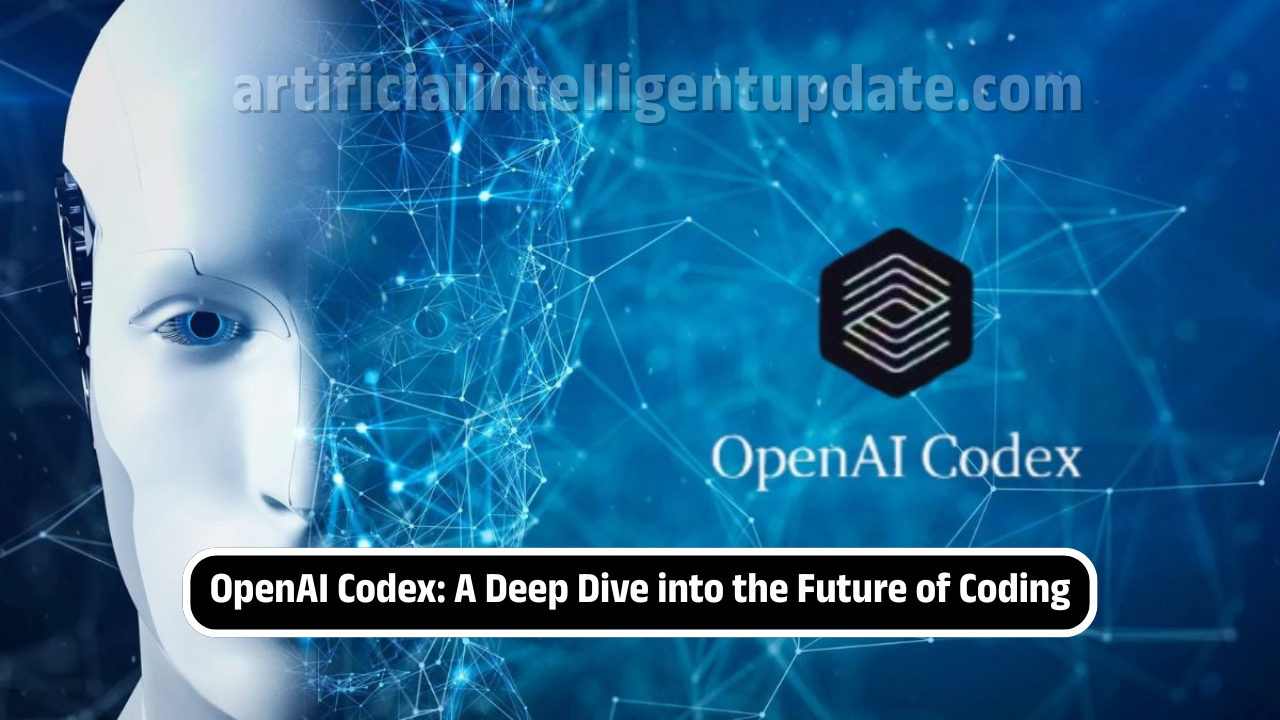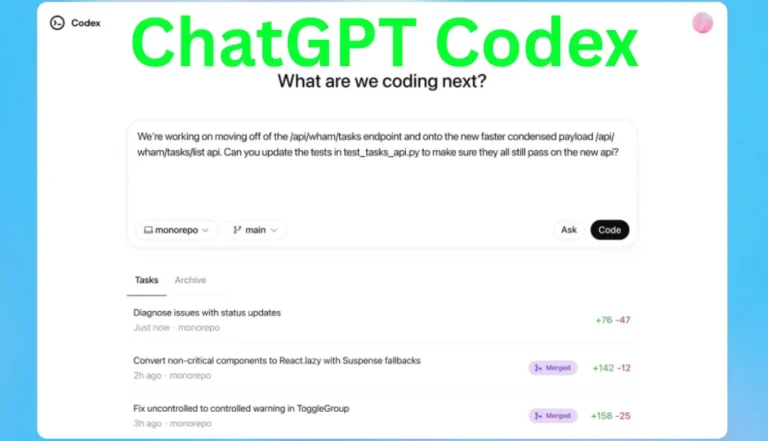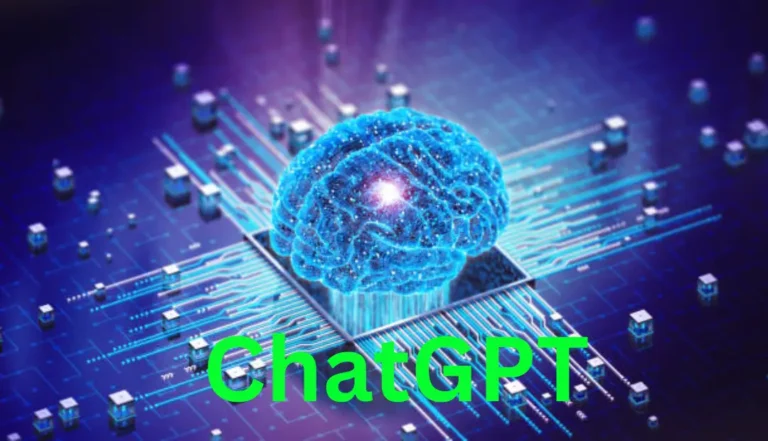OpenAI Codex: Artificial Intelligence is evolving with time, Artificial Intelligence OpenAI has emerged all over the world. Ever since OpenAI has come to the world, it has been introducing groundbreaking technologies. Meanwhile, OpenAI Codex, with the help of which the biggest changes can be seen in the world of software development. Codex, the AI engine built behind Github Copilot, will achieve great success in the world of code generation. But, you need to know this. What is OpenAI Codex? How does it work? And what is its future? Through today’s post, we are going to answer all these questions. Let’s start.
What is OpenAI Codex?
OpenAI Codex is a descendant of GPT-3, one of the most powerful language models created to date. While GPT-3 was trained on a vast corpus of text data to understand and generate human-like language, Codex was fine-tuned specifically on publicly available code from GitHub and other sources. This specialized training enables Codex to understand not just natural language but also programming languages.
In simpler terms, Codex can take plain English instructions and convert them into working code in multiple programming languages such as Python, JavaScript, Java, Ruby, Go, and more. It essentially serves as a bridge between human intent and machine execution.
Key Features of OpenAI Codex
- 1. Multilingual Programming Support: Codex supports over a dozen programming languages, with particularly strong performance in Python and JavaScript. This makes it a versatile tool for developers working across various tech stacks.
- 2. Natural Language Understanding: One of Codex’s strongest features is its ability to understand natural language queries. Developers can simply describe what they want the code to do, and Codex will generate the corresponding code.
- 3. Code Translation: Codex can also translate code from one programming language to another, making it easier to migrate legacy systems or work in multi-language environments.
- 4. Auto-completion and Suggestions: Like modern IDEs, Codex can provide real-time suggestions and auto-completions, but with a far deeper contextual understanding.
- 5. Context Awareness: Codex can take into account the existing code in a file to generate contextually accurate suggestions and new code blocks.
How Does Codex Work?
Codex is built upon the GPT-3 architecture, which uses transformer models to analyze sequences of data. The major difference lies in its training data. While GPT-3 was trained on a diverse dataset comprising books, websites, and articles, Codex was further fine-tuned with a substantial amount of source code.
Here’s a simplified view of how Codex works:
- Input Processing: The user provides an input in natural language or partial code.
- Tokenization: The input is broken into tokens that the model can understand.
- Context Analysis: Codex examines the input and the surrounding code (if any) to grasp the full context.
- Code Generation: It predicts and generates code that matches the user’s intent.
- Feedback Loop: The user can iteratively refine the query to get better or more accurate results.
Use Cases of OpenAI Codex
- 1. Assisting Developers: Codex can serve as an intelligent assistant for professional developers. It speeds up the coding process by handling boilerplate code, suggesting functions, and even writing complex algorithms.
- 2. Learning to Code: For beginners, Codex acts as a tutor, explaining concepts and generating code snippets that they can study and modify.
- 3. Prototyping: Startups and product teams can use Codex to quickly prototype applications, APIs, and scripts without diving deep into the syntax of every language.
- 4. Code Documentation: Codex can help generate documentation from code and vice versa, improving code readability and maintainability.
- 5. Data Analysis and Automation: Data analysts can use Codex to automate repetitive tasks like data cleaning, visualization, and even running statistical models.
Advantages of Using Codex
- Time Efficiency: Reduces time spent on routine and repetitive coding tasks.
- Increased Productivity: Frees up developers to focus on more critical and creative aspects of software development.
- Ease of Learning: Makes it easier for non-developers or beginners to create simple programs.
- Enhanced Collaboration: Acts as a bridge between technical and non-technical team members.
Future of OpenAI Codex
The future of OpenAI Codex is closely tied to the broader evolution of AI in software development. With each iteration, we can expect improvements in accuracy, contextual understanding, and safety. Potential future enhancements include:
- Deeper IDE Integration: More seamless integration with popular development environments.
- Real-Time Collaboration: Enabling multiple users to collaborate with Codex in real-time.
- Better Debugging Support: Helping identify and fix bugs in real-time.
- Voice-to-Code: Using voice commands to write code, making it even more accessible.



